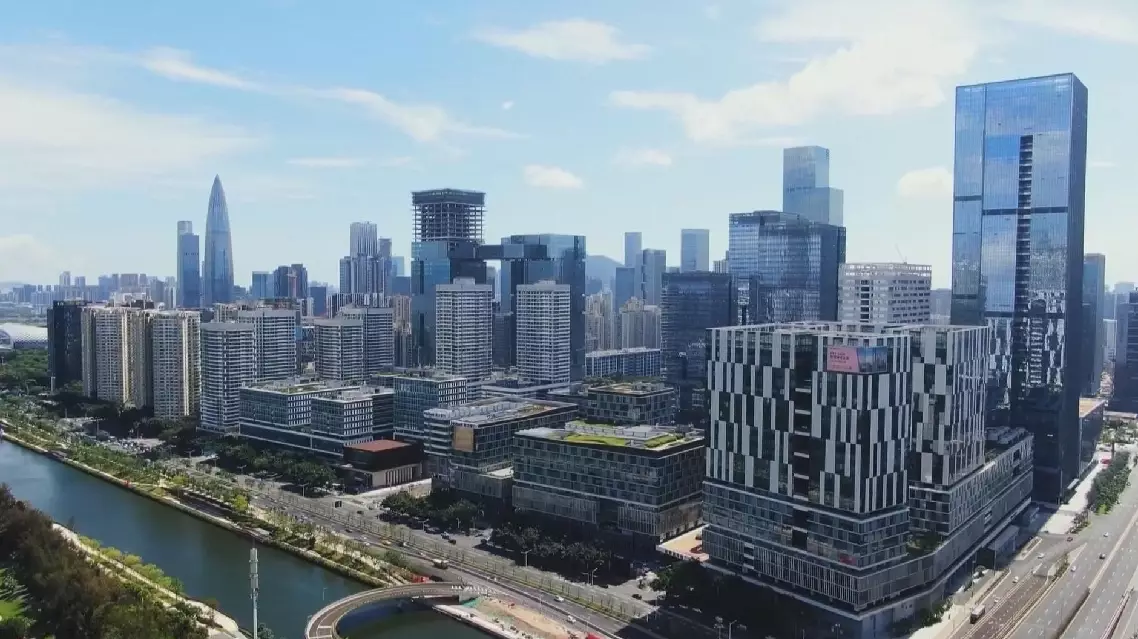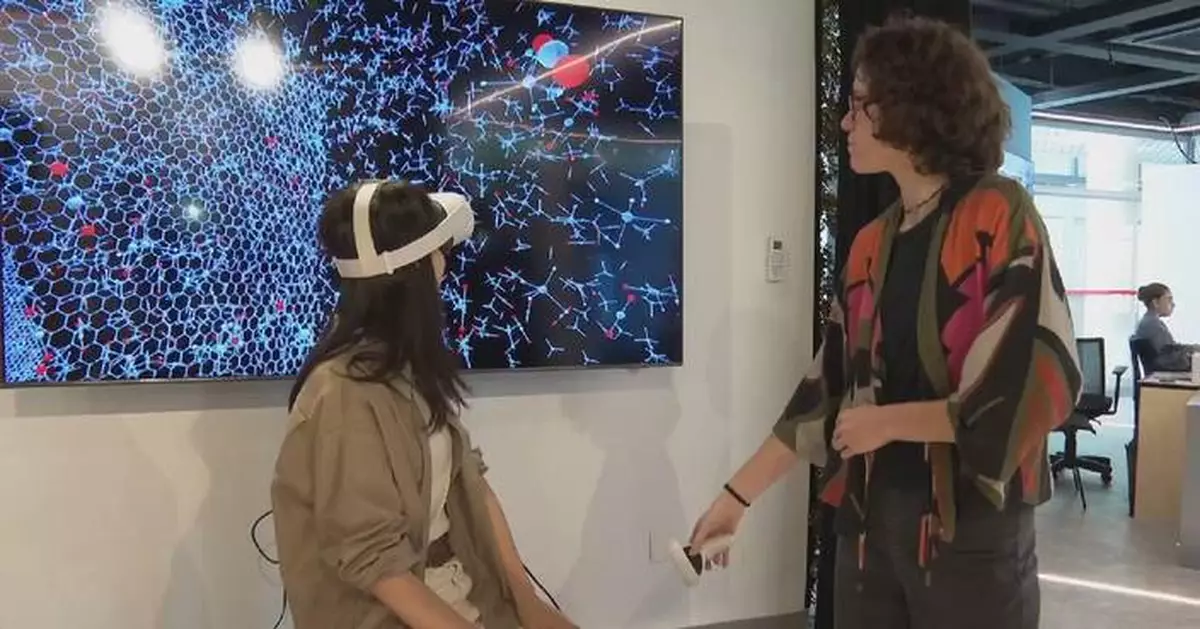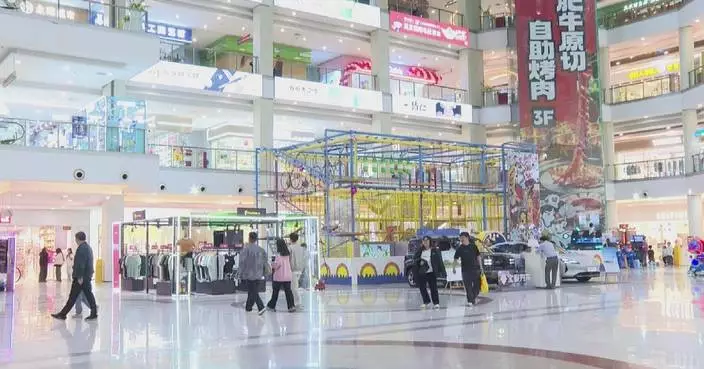A science museum at the University of Sao Paulo (USP) in Brazil is incorporating virtual reality (VR) technology in its exhibitions, letting visitors explore potential climate solutions in an immersive world.
May 18 marks the International Museum Day, with the theme this year being "Museums for Education and Research".
As a brainchild of the USP Center for Research and Innovation in Greenhouse Gases, the museum's powerful VR equipment empowers researchers, entrepreneurs and startups to test and validate their climate change solutions.
The museum also aims to engage everyday visitors, fostering a deeper understanding of climate change, as well as solutions that can be collectively implemented.
"The visitors are welcome to climb 325 meters [using VR]. Digitally, by using virtual reality, you are able to see all the details of the tower. You see also the spectrum of the rainforest. So, this is a very interesting point because you can correlate the planetary effect due to the greenhouse gases," said Caetano Miranda, a professor at the USP Physics Institute.
Julio Meneghini, a professor at the USP Polytechnic School and director of the science project, said that the museum brings together a technical simulator and artistic studio in one place to encourage public discussion on topics such as reducing greenhouse gas emissions.

Science museum in Sao Paulo pioneers climate action with VR simulations
China's National Development and Reform Commission (NDRC) will work with relevant departments and local authorities to take concrete steps to promote the implementation of the newly passed private sector promotion law, a landmark legislation concerning a vast economic force in the country, said an NDRC official.
China's top legislative body -the National People's Congress - passed the private sector promotion law on Wednesday, establishing a legal backing for the steady and healthy growth of the key sector, including more than 57 million private firms and over 100 million self-employed individuals.
This landmark law is China's first fundamental legislation dedicated to the private sector. It will bolster confidence among the vast community by improving the business environment, fostering innovation, and ensuring fair competition, according to NDRC, the country's top economic planner.
"The private sector promotion law has actively responded to the key concerns in the development of the private sector. Efforts are made to establish and improve relevant systems and enhance the enforceability of the systems, from ensuring fair competition, improving investment and financing environment, supporting technology innovation, focusing on regulated operation, optimizing services and guarantees, and improving rights and interest protection, to strengthening legal accountability, so as to ensure that all forms of ownership can equally utilize production factors by the law, participate in market competition fairly, receive equal legal protection, further unleash their complementary advantages, and pursue common development," said Liu Min, deputy director of Private Sector Development Bureau under NDRC.
Liu added NDRC will continue to work together with relevant departments and local authorities to improve supporting systems and mechanisms and take concrete steps to promote the implementation of the private sector promotion law.
"We will make continuous and increasing efforts to remove barriers to market access and to fair competition, to address the issue of overdue payments to private enterprises, to protect the lawful rights and interests of private businesses and entrepreneurs by the law, to implement various relief policies, to help private enterprises shoulder their responsibilities of the era, so as to help translate legal systems into concrete actions and tangible outcomes that promote the high-quality development of the private sector," said Liu.

Concrete steps to take for firmly implementing China's landmark private sector promotion law: official





















































